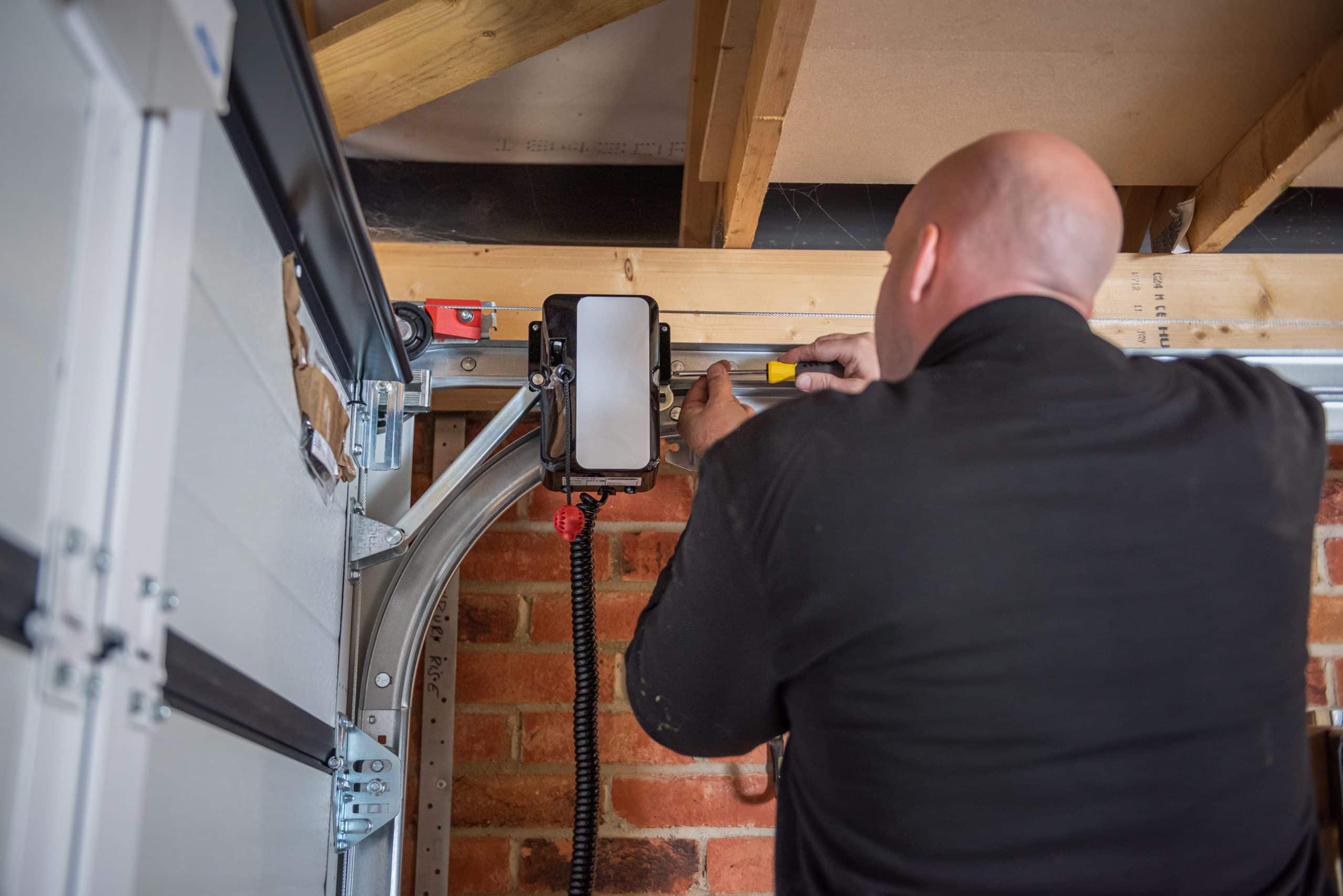Tips to Keeping a Long-Lasting Garage Entrance

The garage entrance is an essential part of the home, providing security and ease in one sleek design. Yet, despite its significance, many homeowners overlook the need for routine maintenance and prompt repairs. Understanding how to care for the garage door can not only extend its duration but also save you from unexpected expenses. In this article, we will explore the secrets to keeping the garage door in top shape, covering common issues and what you can do to ensure it operates effectively.
From recognizing the indicators that indicate it's time for immediate repair to troubleshooting particular problems, we will cover a variety of topics to empower you with insight about garage door maintenance. Whether you're facing a loud door or a malfunctioning opener, we will guide you through realistic solutions and helpful tips. Join us as we delve into the realm of garage door care, equipping you with the skills needed to enjoy a durable and effective garage door.
Recognizing Garage Door Problems
Recognizing the signs that your garage door needs fixing is crucial for maintaining its functionality and security. One of the first indicators is unusual sounds during operation. If you hear grinding, creaking, or clattering noises, it may suggest a need for lubrication or other fixes. Additionally, if your garage door raises or lowers unevenly, it's a sign that the door's alignment may be off or that the spring mechanism could be worn.
Another important aspect to consider is the responsiveness of your opener. If the door fails to open or lower when prompted, it could mean there are problems with the remote, the opener it, or the power source. A faulty garage door can lead to annoyance and may compromise the security of your house, making it important to investigate these issues immediately.
Visually checking your garage door can also help identify issues that require fixing. Look for indicators of deterioration such as fractures in the panels, corrosion on the tracks, or frayed wires. These visible issues can worsen over time and lead to larger fixes if not addressed promptly. Routine inspections and awareness of potential issues are crucial to ensuring the durability of your garage door.
Do-It-Yourself vs Professional Repairs
When it comes to fixing garage doors, homeowners often face the decision of handling problems themselves or calling in a specialist. DIY repairs can be attractive for those who enjoy practical projects and want to cut money. Simple jobs, such as lubricating mechanical components or tightening fasteners, can often be managed without a lot of skill. Furthermore, website s and tutorials are widely available, making it easier for individuals to learn how to address minor problems.

On the other hand, some problems may require specific skills and knowledge to ensure safety and effectiveness. Issues like broken springs, frayed cables, or problems with the garage door opener often pose dangers. Attempting these repairs without proper training can lead to injury or additional harm to the door system. In these cases, calling an expert is usually the best choice, as they can promptly identify the problem, carry out fixes safely, and provide warranties for their services.
In the end, the choice between Do-It-Yourself and expert repairs depends on the complexity of the problem and the confidence of the homeowner. For minor, manageable repairs, Do-It-Yourself may be suitable, but for issues beyond fundamental maintenance, it is recommended to get advice from a qualified garage door technician. This approach not only guarantees the fix is done properly but also helps maintain the longevity and security of the garage door mechanism.
Preventive Servicing Tips
Routine maintenance is important to keep your garage door operating efficiently and to extend its durability. One of the crucial steps is to apply lubricant to all mechanical parts, including hinges, rollers, and tracks. Use a silicone-based lubricant to minimize friction and prevent deterioration. Make it a practice to check the door’s balance by disconnecting the opener and by hand lifting the door. It should stay in place when lifted about midway. If it falls or rises, it's time to tweak the spring tension or call a professional.
Checking your garage door for wear and tear consistently can assist spot issues before they become serious problems. Look closely at the wires, springs, and panels for any indications of deterioration or rust. Keeping the door tracks clean and clear is also important, as any blockage can impede the door's movement and cause malfunction. If you detect any strange sounds or jerking movements, these could be indicators of more significant issues that should be addressed promptly.
Lastly, ensure that your garage door sensors are operating correctly by regularly testing them. It's also smart to conduct quarterly checks, especially before winter, to make sure your door can handle changing weather conditions. Proper weather stripping is vital, as it prevents cold drafts and moisture from entering your garage. By putting a little time in proactive measures, you can avoid costly repairs and ensure your garage door stays secure and operational for many years to come.
